- 6 days
- Sat - Fri, 18 - 24 May 2024
- 9:00am - 6:00pm
- Costa Rica, Costa Rica
- $3750
Advanced level course in Chocolate Tasting.
Level 3 – Costa Rica field trip
With an immersive visit to CATIE, one of the world’s most important cacao research institutes and its germplasm bank
A sensory journey designed to refine your skills as a taster and broaden your understanding of the combined impact of cacao genetics, farming, post-harvest practices, and chocolate making on the flavor of finished origin chocolate bars, in this first Level 3 Advanced Course in Chocolate Tasting taking place in Costa Rica.
Building on the sensory foundation of Level 1 and Level 2, this course is an intensive study and exploration of Costa Rican cacao and the country’s growing fine chocolate industry.
We will travel to a world-class germplasm bank and research center and visit farms that combine sustainable agroforestry practices with innovative fermentation and drying practices, as well as chocolate factories of different scales that are revitalizing the fine chocolate industry in Costa Rica.
The course fee for Level 3 includes hotel accommodation in Costa Rica, all meals (excluding alcohol) and travel within Costa Rica during the course. Flights and transport to Costa Rica and transfer from the airport to the hotel on arrival and departure are not included.
The Level 3 course will be combining Costa Rican and international students and will be taught in English and Spanish by IICCT founders Martin Christy and Dr. Maricel E. Presilla. Group project assessments and exam will take place on the final day of the course.
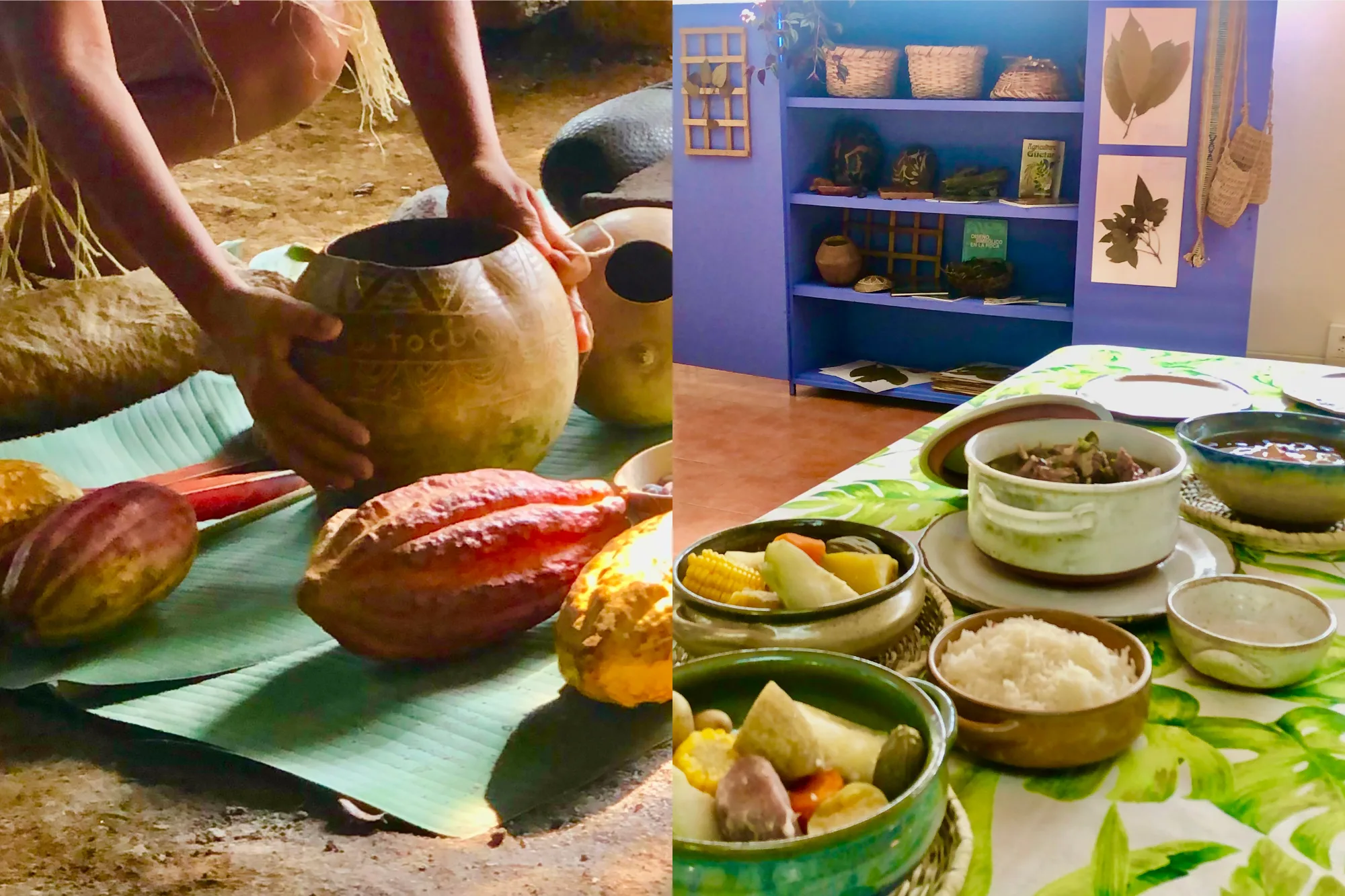
About Costa Rica and CATIE
Halfway between the Chibcha and Mesoamerican cultures, this small Central American country hides an enormous and diverse natural treasure where cacao thrives. In green valleys and mountains and in various ecological zones, cacao is an ancestral plant that coexists with other native and introduced species, giving pleasure and well-being to thousands of farmers. From Guatuso, near the border with Nicaragua, land of the Maleku indigenous people, to Matina, the historic core of cacao cultivation in Costa Rica and the hot Caribbean coast of the province of Limón, where Afro-descendants grow cacao in intuitive agroforestry systems alongside a rich constellation of food plants, Costa Rican cacao tells a story of discrete beginnings, boom, and decline. But there is a very new story that we would like to tell in this course, the rebirth and reevaluation of cacao as a raw material for a growing group of artisanal chocolate makers. Furthermore, CATIE (Centro Agronómico Tropical de Investigación y Enseñanza) in Turrialba, Province of Cartago, an important institute for agricultural development and biological conservation with the second most important cacao germplasm bank in the world, positions Costa Rica as the epicenter of genetic research for the country and Central America.
Activities at CATIE
Our Level 3 course features an initial stay at CATIE’s campus and an in-depth exploration of its extraordinary cacao collection combined with related activities and classroom time:
- Exploration of the germplasm bank to learn and taste a broad selection of cacao and Theobroma relatives in the collection.
- An experiential primer on cacao genetics.
- Understanding cacao research and genetic improvement to combat disease at CATIE.
- Sensory exercises and liquor tasting at CATIE’s cacao laboratory involving several cultivars.
- Assessing different fermentation protocols and their impact on flavor.
- Learning about environmental issues in cacao farming and biological conservation.
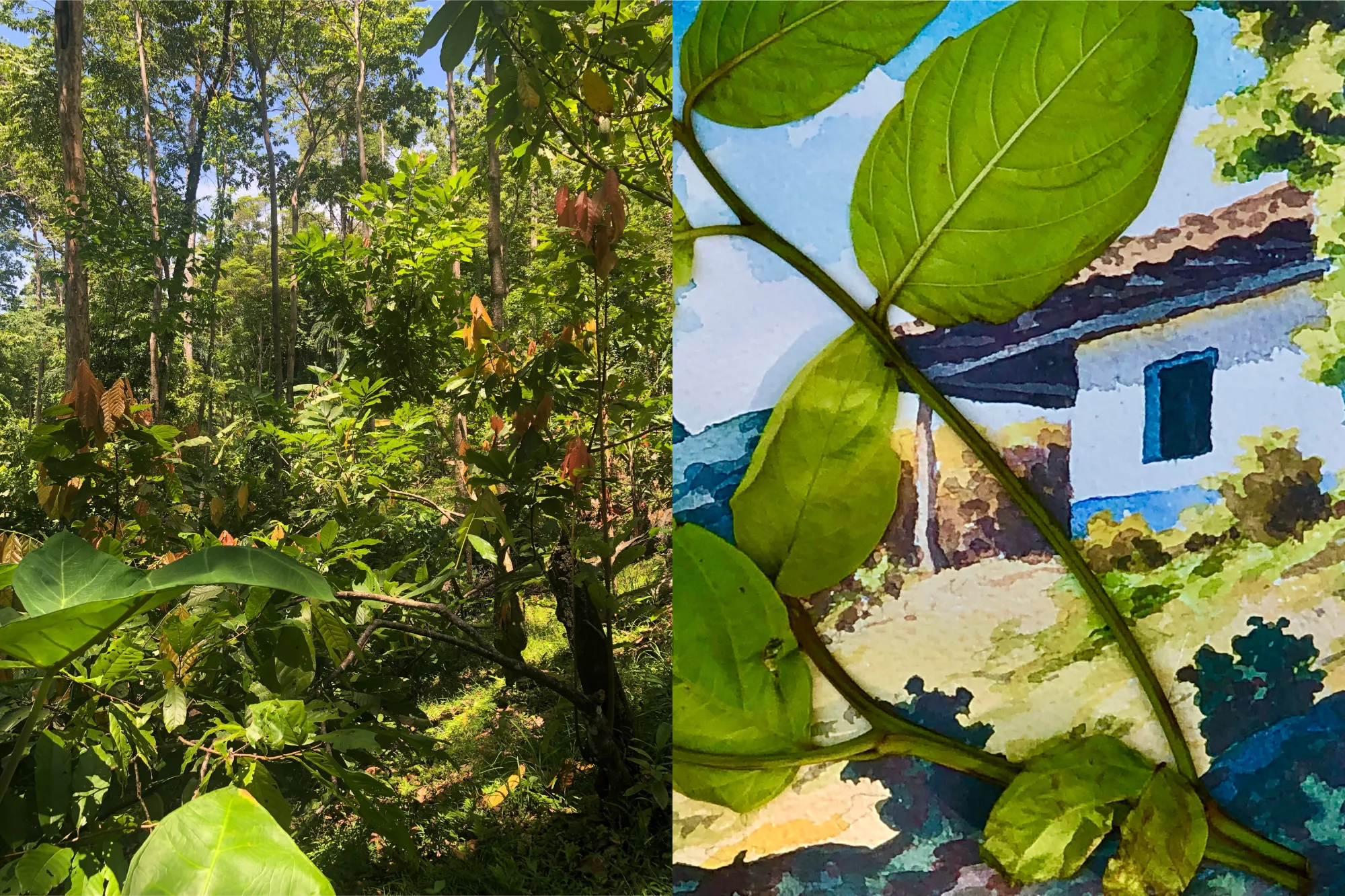
Course outline and features
- Total course length – 6 days study, travel, sensory activities and group exercises.
- Classroom learning, orientation, and final assessment at El Cacaotal, a research institute for sustainable agricultural development in agroecology, ethnobotany and gastrobotany in La Asunción de Belén, Heredia, Costa Rica.
- Group visit to the Feria del Chocolate, Costa Rica national chocolate festival to meet local producers.
- Classroom learning, germplasm bank exploration and cacao lab activities at CATIE.
- Field trips to farms in Turrialba, the Llanos de Bonilla in Limón, and Talamanca.
- Visits to factories of different scales in San José, Alajuela, San José de Heredia, and Guasimo in Limón.
- Introductory tasting kit with special ‘get to know you’ chocolate bars.
- Interact with international students and alumni.
- Hotels (6 nights accommodation from 18-23 May) and meals (excluding alcohol).
- All transport during the field trips.
Level 3 includes
- An immersive inter-disciplinary approach.
- Concentration on genetics and understanding programs of genetic improvement.
- Identification of sustainable farming practices.
- Understanding sound post-harvest protocols in innovative farms.
- ‘Building a brand’ group exercise with assessed presentation.
- An exam with short written answers.
- A blind tasting exam, including blindfold identification of different chocolates.
- Sensory immersion in the local chocolate and culinary culture.
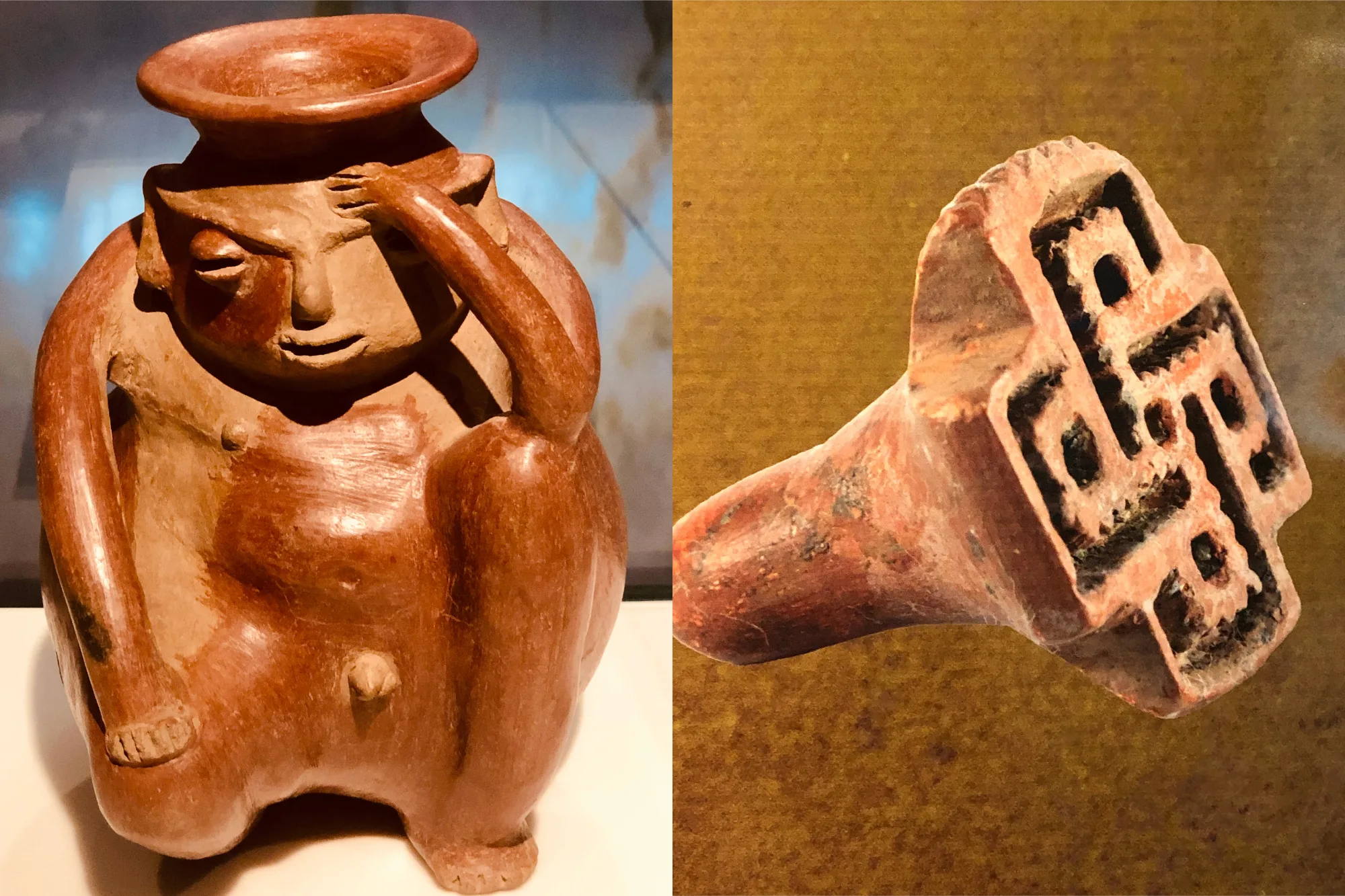
Features of the Costa Rican 2024 itinerary
Our intense study trip includes:
- Exploration of CATIE’s germplasm bank, classroom time, and cacao laboratory experiences.
- Visits to cacao farms in different provinces and an in-depth exploration of post-harvest practices (fermentation and drying) and their impact on flavor.
- Taste rare varieties of cacao in the field.
- Visit to chocolate factories of different scales and working with different cacao sources, with tastings of cacao liquor and finished bars.
- Travel by boat to a remote indigenous community in Talamanca to learn about the artisanal and spiritual dimensions of cacao and chocolate and the role that women play in keeping pre-Colombian practices and beliefs alive
- Overnight stay at a rustic jungle lodge.
- Learning about Costa Rican cacao history with Dr. Presilla.
- Understanding Costa Rican flora throughout the trip with a renown ethnobotanist.
- Visit to the pre-Colombian archeological site Monumento Guayabo and the Museo del Jade.
Sensory extras
Our course integrates culinary, botanical, and cultural experiences in our program of sensory immersion:
- Plant-forward Costa Rican traditional meals with local cooks and Dr. Maricel E. Presilla, a culinary historian and chef with broad experience on Costa Rican and Latin American food.
- Primer on aromatic and medicinal plants that can be used as flavorings for chocolate.
- Experience Costa Rican specialty coffee with producers and baristas.
- Make artisanal chocolate and cook over a wood fire with indigenous women.
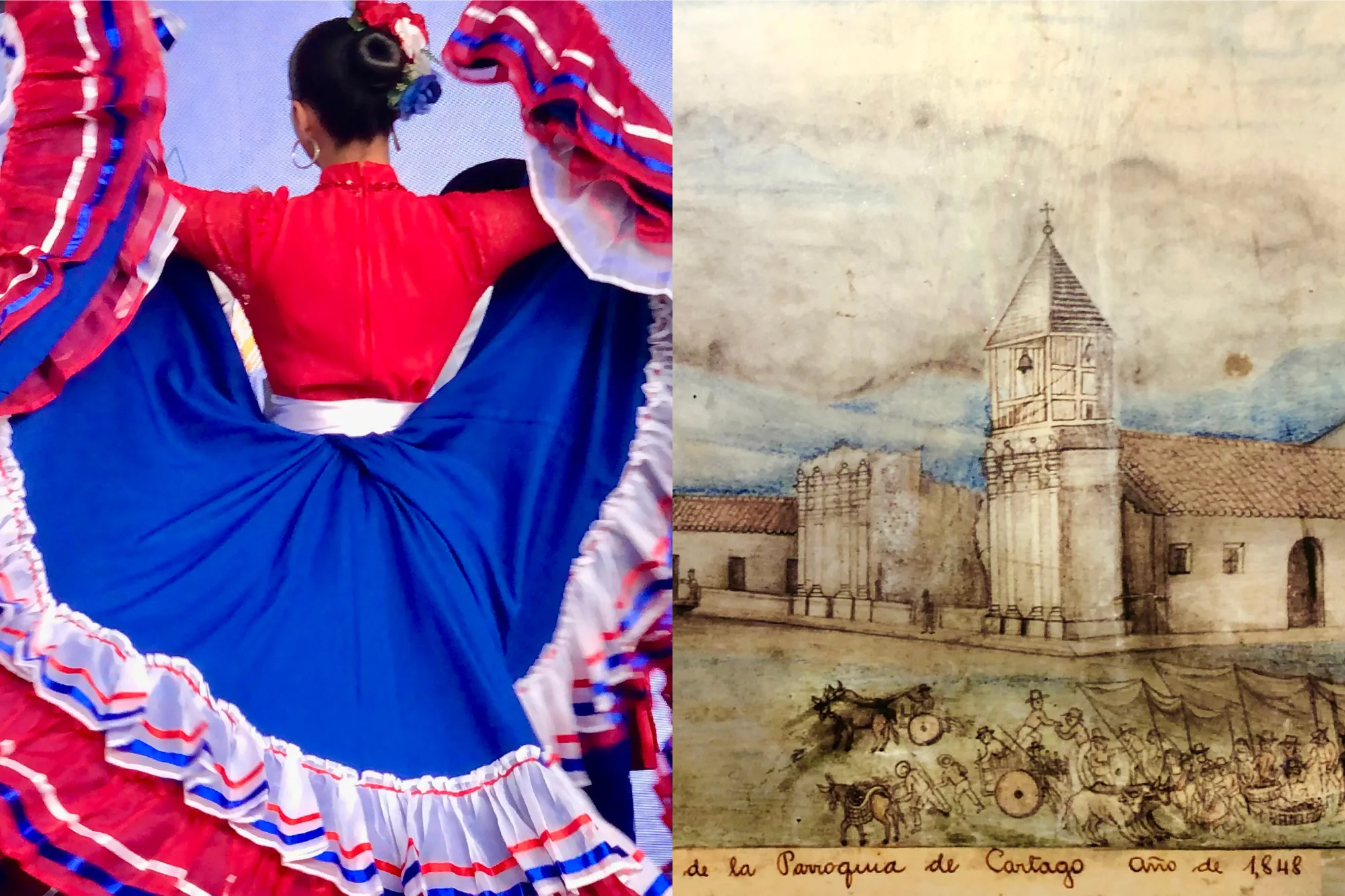
Level 3
The Level 3 Advanced level course in Chocolate Tasting builds on the Level 1 Foundation and Level 2 Intermediary courses and develops a deeper understanding of chocolate tasting and profiling through advanced sensorial work, following the flavour journey from cacao farming through to chocolate making.
The Advanced course will help you develop an in-depth understanding of the influence of cacao production and chocolate making on the flavour of finished origin chocolate bars, and will include field visits to either cacao farms or chocolate factories and where possible, to both.
The course includes five days of training and tasting, with additional travel time for field trips where required.
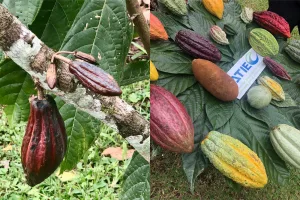
- Classroom study and tastings
- Advanced sensorial study, tasting and profiling
- Relating cacao tasting and chocolate flavours
- Cacao production techniques and their effect on flavour
- Cacao varieties, recovery projects, latest research
- Chocolate production styles, recipes and effect on flavour
- Cacao history and development
- The cacao trade and commodity market
- Chocolate market, branding and origin story
- Visit to at least one chocolate factory
- Practical sessions working with chocolate
- Field trips to cacao region for courses held in cacao countries
- Group projects
- Networking events and dinners
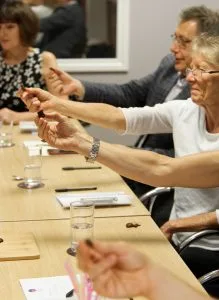
Level 2 students wishing to develop their understanding of chocolate taste to a new and cutting edge level and to obtain an advanced grounding in the world of fine chocolate and cacao.


